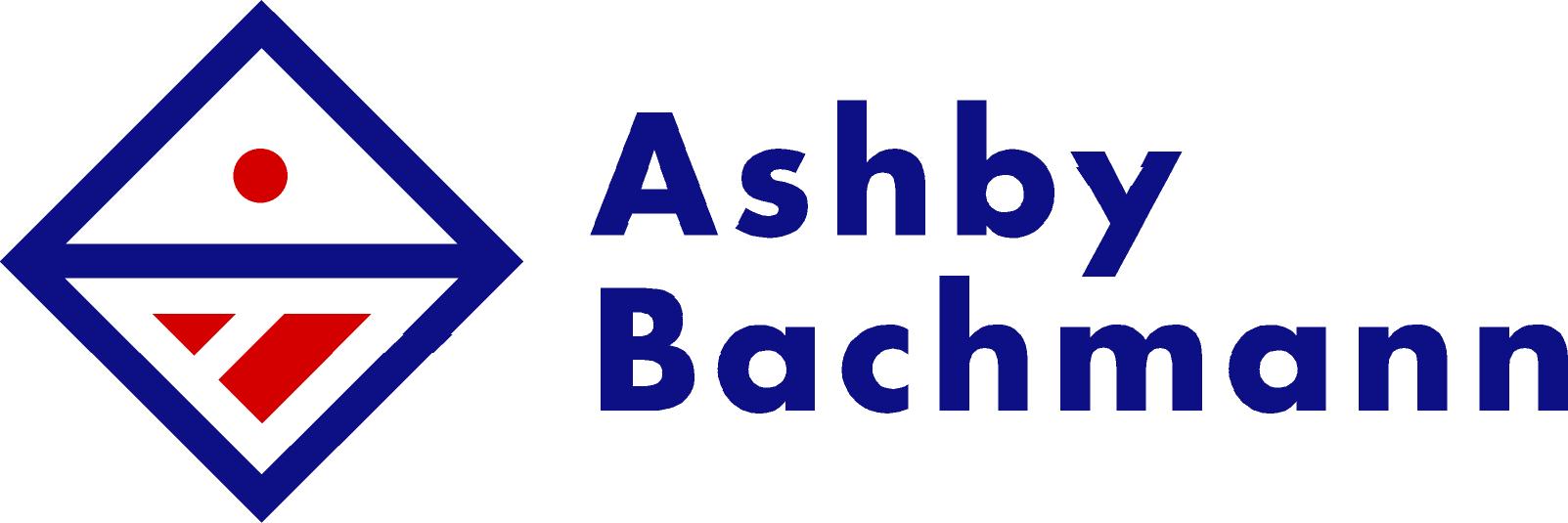The following are case studies of contract disputes in which Ashby Bachmann were able to find successful resolution for its clients.
Situation Assessment & Rectification
A Canadian division of world-wide leader in the image processing field had the global mandate to develop new digital technology to revolutionise a huge specialty marketplace. It had contracted with a small firm to build the software component of the product.
The release schedule was slipping and the parent company was concerned that their major window of opportunity, and market leadership, was at risk. They wanted to validate the escrowed software, in the event that they might be required to abrogate the contract to pursue development through other means.
While we determined that the current software was in escrow, our parallel review of the contract indicated that a “standstill” agreement would be in effect if it was abrogated in any way. Ashby Bachmann suggested that an investigation of the project delay, and the breakdown of the dialogue with the vendor, be pursued.
An alternative liaison was found for the software developer to work through. The delays were rapidly overcome, and the client / vendor relationship was maintained.
The client delivered the product to market in time for its major annual marketing opportunity which gave them market dominance for that sales cycle, and an early-lead advantage in the marketplace.
Situation Assessment & Termination
A national telecommunications services organisation had contracted for a new Enterprise Resource Planning solution to be developed and delivered on a time and materials basis. Development and delivery were behind schedule, costs were mounting and there were numerous disagreements over contracted deliverables between the client and the vendor.
Our initial review identified significant deviations from best practice in both the project management and development processes. We suggested remedies to both the client and the vendor principals. Ashby Bachmann recommended that further progress payments be withheld – pending compliance with the agreed changes to the process. Despite repeated discussions, there was no change in the vendor’s practices and the project fell further behind.
We defined the grounds for abrogation of the contract. The grounds, along with terms, were presented to the vendor who agreed to termination with no further compensation. An alternative successful solution was achieved under oversight and governance by Ashby Bachmann.
Litigation Support – Project Governance
An Australian Commonwealth agency terminated two contracts for Y2K remediation work under ‘failure to deliver’ clauses in the contracts. The vendor sued for recovery of costs and damages. The agency counter-sued.
We were engaged by the agency’s counsel to evaluate the project governance aspects of the projects and to comment on its contribution to the project failures and the abilities of the client and the vendor to meet their respective obligations. The vendor agreed to an out of court settlement.
Litigation Support – Failure to Deliver
A Singapore government agency’s contract with a major international software developer and integrator was abrogated by the vendor after some 5 years of work. The vendor claimed that the client refused to sign off on specifications which they deemed significantly deficient and contrary to what the vendor’s proposal and the contract specified.
Ashby Bachmann was retained to advise the client’s counsel on issues of project governance best practice and to exemplify from the project records where clear deficiencies could be demonstrated. The matter was settled out of court.
Litigation Support – Industry Precedent
A national telecommunications company was seeking to replace a legacy asset management system. The incumbent solutions vendor claimed that conversion of the asset register to the new system was a violation of its proprietary data architecture. The vendor further refused to facilitate the data migration for other than exorbitant fees.
Ashby Bachmann was retained to investigate the relationship between the data architecture and the client’s data and to comment on relevant precedents. A reasonable fee was negotiated for the provision of the data in an “industry standard” format.
Contract Negotiation – Win / Win
A provincial government was preparing to launch EFTPOS to improve the efficiency of its payment and deposit processes. Its bankers were also eager for the Province to pioneer the government use of EFTPOS, reduce its use of cheques but also to eliminate a contractual obligation on the banks which were anomalous to all their other commercial contracts.
Acting for the Province, we negotiated favourable rates for both electronic and paper-based transactions with the banks and persuaded the Crown solicitors to amend long-standing regulations to allow the Province to adopt standard terms for questioning fraudulent cheques.
Litigation Support – Contract Management Failures
A small software development firm contracted to deliver specialised software as part of an international contract by a global systems integrator to manage a world-wide database for a consortium of clients from government, not-for-profit and private organizations.
The prime contractor was unable to manage the diverse expectations of the client consortium and failed to manage its contractual obligations with both the client and its sub-contractor. After it negotiated contract termination with the client it retro-actively sued the sub-contractor for failure to deliver its part of the contract.
Our review of the evidence confirmed that there were no mutually agreed shortcomings in the interim deliverables from the sub-contractor and that the outstanding issues were all awaiting resolution from the prime contractor. The plaintive dropped the suit.
Litigation Support – A Win in Court
A transportation authority had selected a vendor that said it could deliver on the agency’s requirements for a proprietary software solution. The vendor claimed the architecture of its chosen tools would support the capability required. Development of the program started and continued on a time-and-materials basis until it was well beyond the required delivery deadline. The government agency stopped development and sued the vendor for non-delivery.
Ashby Bachmann was brought in to forensically analyse the development and delivery of the software modules and the governance of the project – in order to support the legal team who did not understand the technology’s capability. The case was finally settled in court, finding the vendor in breach of contract because they had promised to deliver capability that they subsequently admitted was beyond the scope of their ability.

